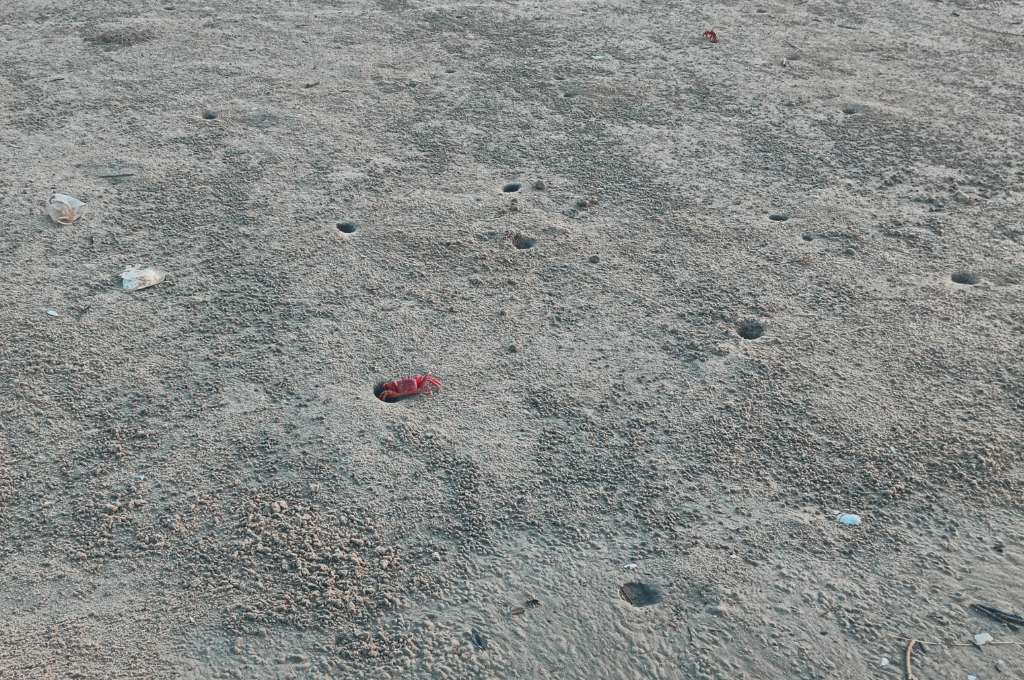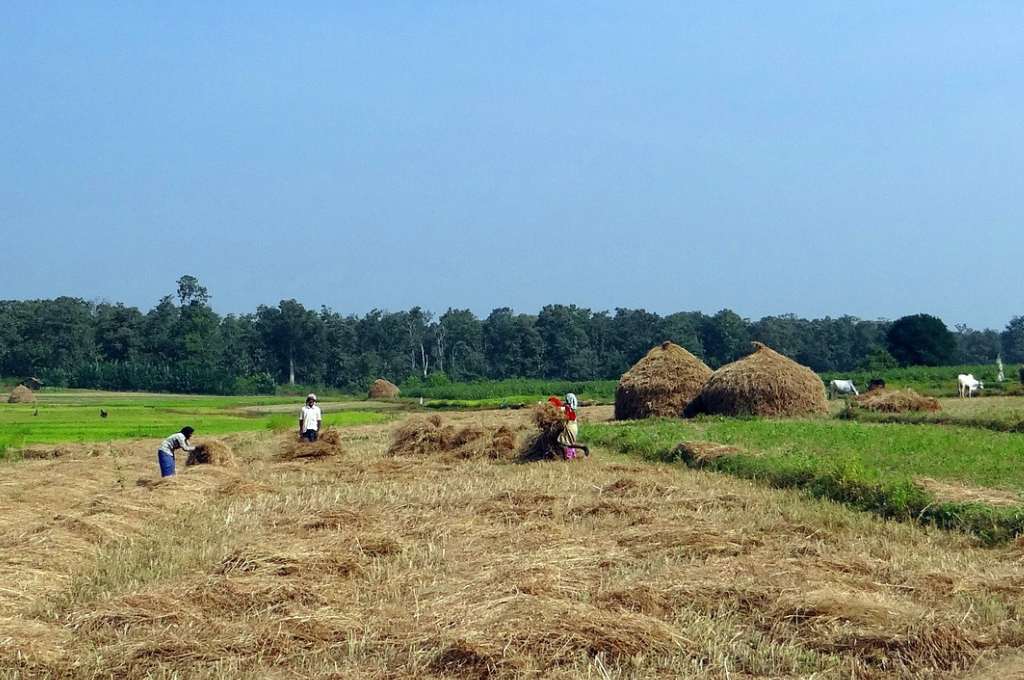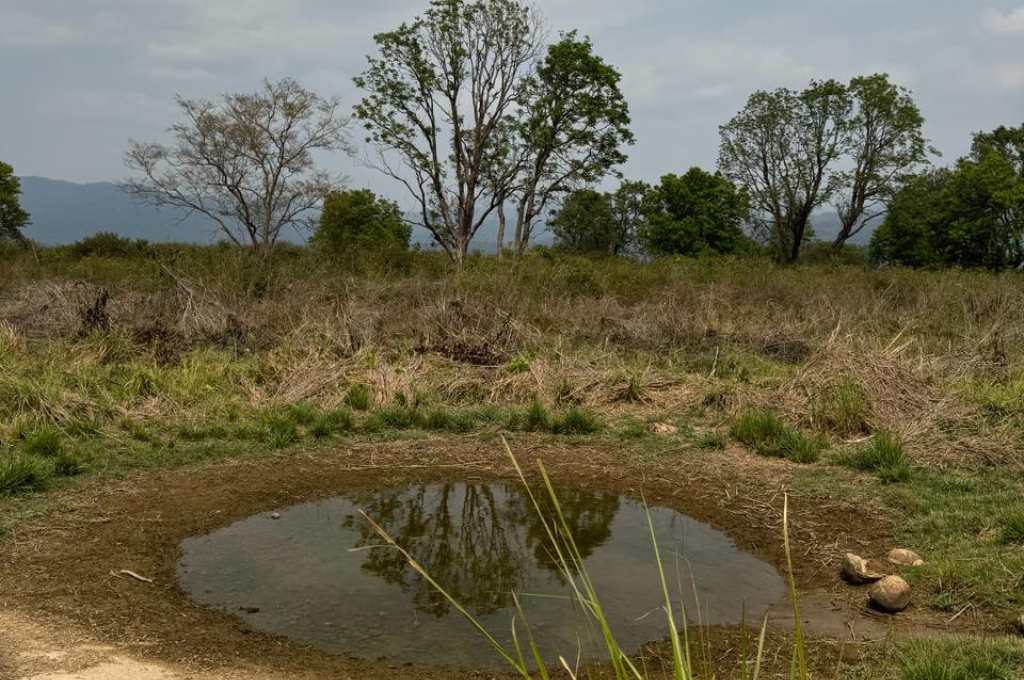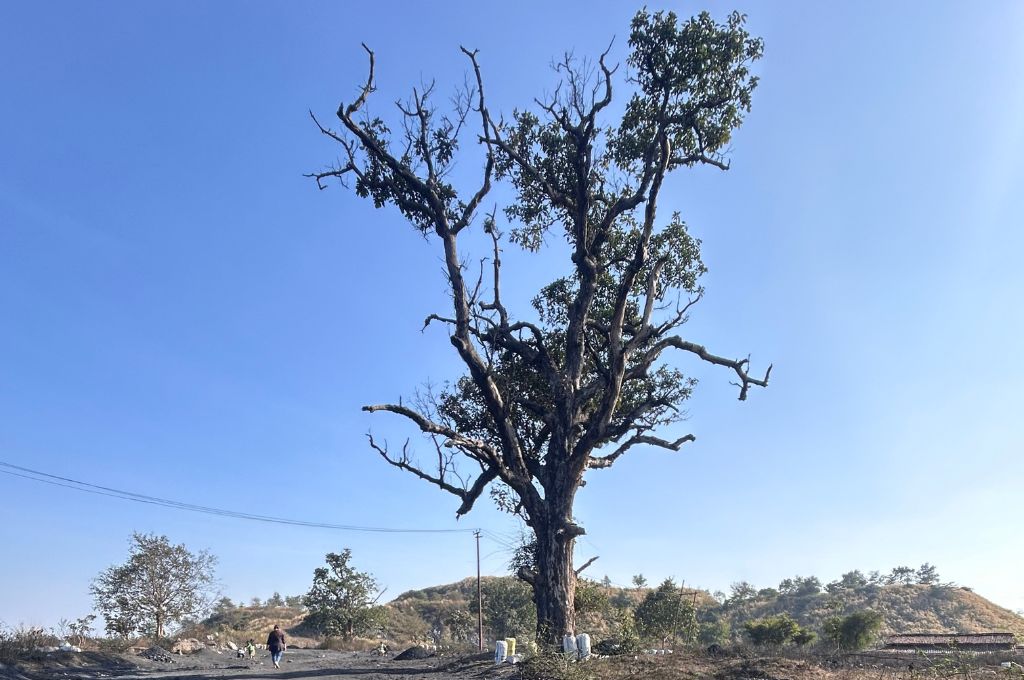“I earned money, but there was no peace”
This is an excerpt from our conversation with Devabhai, a camel herder.
Devabhai, you left herding 15 years ago, became a truck driver and have now returned to camel herding when many herders across the country are abandoning it. Tell us why?
I was tired of being on the move. Driver banke paisa to kamaya par shanti nahi thi. Na hi us paise mein barkat thi (I was earning money as a driver, there was no peace or growth in my life). So, I decided to come back to my ancestral profession. I started herding sheep and goats, as keeping camels was still not profitable. My father used to herd camels three decades ago, but as the role of the camel as a pack animal disappeared, he stopped. My father then became a field labourer; I helped for a couple of years before becoming a driver. However, times have changed. Due to this increased demand for camel milk, we are herding camels again. I alone have about 35 camels and many of the youth of our community are buying camels.
Do you ever miss the old, fast days as a truck driver?
Not at all. Being a herder is a demanding job and can sometimes be very trying, but I don’t want to do anything else because yahan shanti hai, jo road par nahi thi (there is peace here, which was not there on the road). It’s like eating home cooked khichdi after eating spicy Punjabi food for months (laughs).
Do your children accompany you with the herd?
Sometimes they come to play with the baby camels, but they don’t travel with the herd. I grew up exposed to life on the move but they go to school every day because it’s important for them to get an education today.
I am also hopeful that they will grow up and apply the education to advance our traditional livelihood. It’s important for them to study because otherwise they won’t get married. Nobody wants to give their girls to illiterate herders.
Are you thinking of expanding the herd?
Yes, but it all depends on the milk collection. Right now, we get about INR 50 a litre but the collection routine is erratic. We can’t make the decision on expansion until we have a sense of the demand.
Bhawna is the co-editor of Pastoral Times, a journal on the intriguing world of nomadic pastoralism. Mahendra is a social worker based in Kutch, Gujarat.
Pastoral Times is a content partner for #groundupstories on IDR.
—
Know more: Read about the challenges of livestock farmers in India during the lockdown, and how they can be supported.
Do more: You can reach out to the authors at [email protected] or [email protected] to learn more about their work and extend support.



